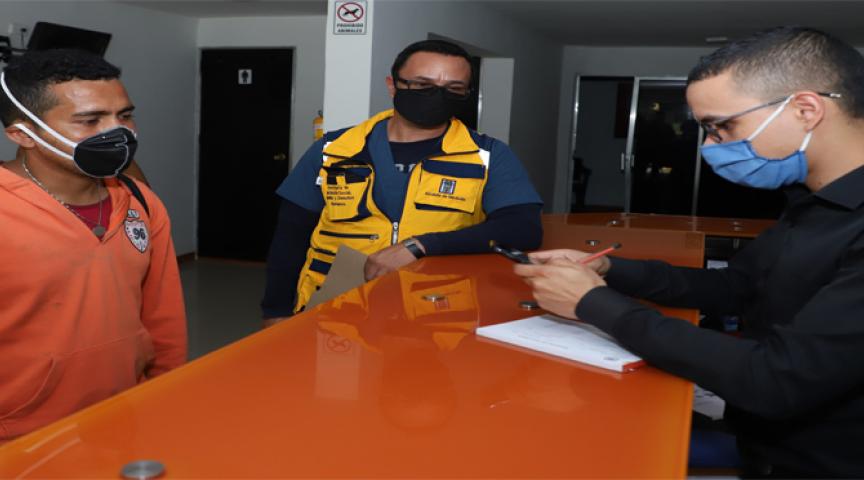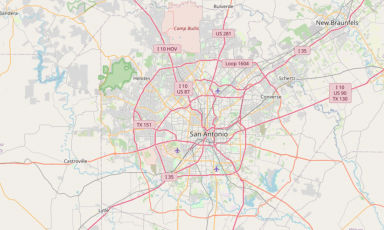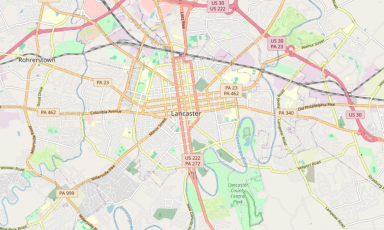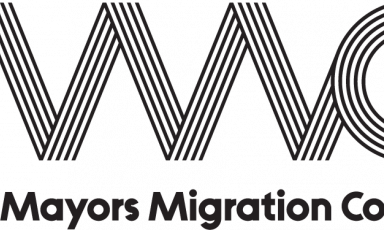Medellin, Colombia
Housing Assistance for Migrant and Displaced Families

Summary
Medellín is a recipient of the Global Cities Fund, the Mayors Migration Council’s response to the unmet needs of cities as they support migrants, refugees, and internally displaced people.
Medellín’s project expands an existing housing assistance program to benefit 400 migrant and displaced families with three months paid accommodation. At the same time, the project improves these families’ access to the city’s suite of social, legal, health, and employment services. The overall goal of the project is to provide a period of reprieve to those at risk of homelessness while leveraging that time to improve their self-reliance and wellbeing.
Following the success of the project, Medellín commits to:
- Expand the strategy for temporary accommodation of migrants, refugees, returnees and host populations.
- Develop a city government-wide strategy which centralizes the city government’s offering to migrants and refugees, including a specific focus on opportunities for durable solutions and local integration.
- Raise awareness of city services specifically for migrant and refugee communities while ensuring that city secretariats reduce barriers to access.
- Involve refugee and migrant associations in local decision-making processes, including allowing their participation in Community Action Boards.
Impact
Medellín’s project has four key impacts:
- Migrants and displaced people have greater access to emergency housing and a reduced risk of homelessness while enduring economic lockdown.
- Migrants and displaced people have increased awareness of and access to Medellín’s robust education, health and employment services provided by the city government and its partners.
- The Medellín Municipal Government strengthens its institutional offering of social services to a growing migrant and displaced community.
Medellín project's key innovations:
- Strengthening Alcaldía de Medellín’s collaboration with Global Cities Fund Strategic Partners: UN-Habitat, UCLG, IOM, and UNHCR.
Lessons Learnt
- This care strategy, in addition to the payment of rent, with psychosocial support, impacts personal, family, community and social dynamics, to the extent that it allows the recognition of the other as a subject in their identity and differences, with fundamental rights and co-responsibilities that lead to empowerment strategies for autonomy, inclusion in the institutional offer and allowing solidarity and social cohesion.
- The articulation of different governmental and non-governmental entities has facilitated actions for the welfare and quality of life of beneficiary families.
- During the time of the assistance, it has facilitated the processing of migratory mourning and other situations, allowing the mobilization of internal resources in overcoming the situation experienced by the family, showing that the assistance necessary at the first moment of the emergency has been transformed into family proactivity.
- This care strategy has allowed the generation of protective spaces and the identification of victimizing situations (domestic violence, gender-based violence, commercial exploitation of children and adolescents), which has involved the activation of routes with the competent authority for the relevant intervention.



